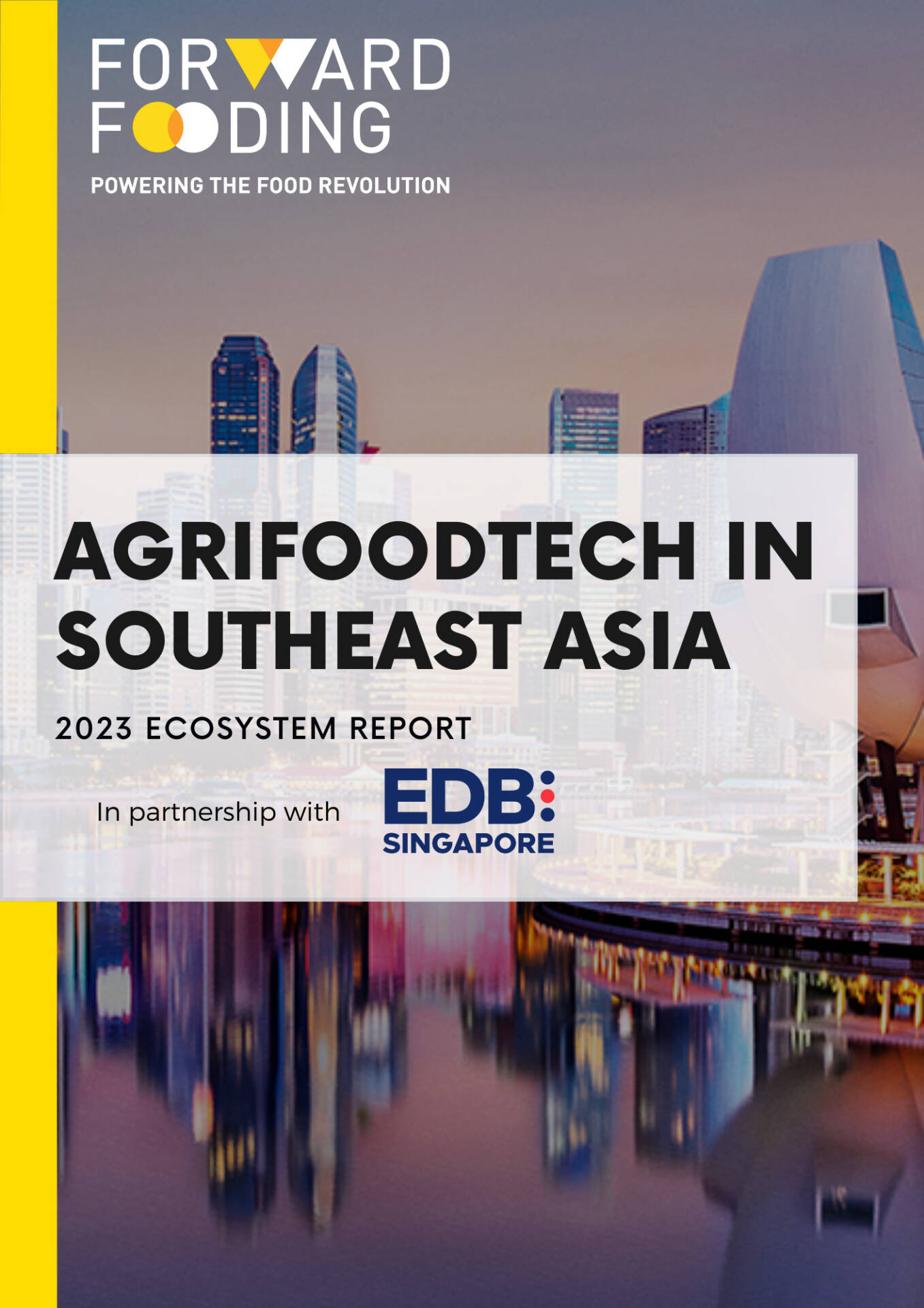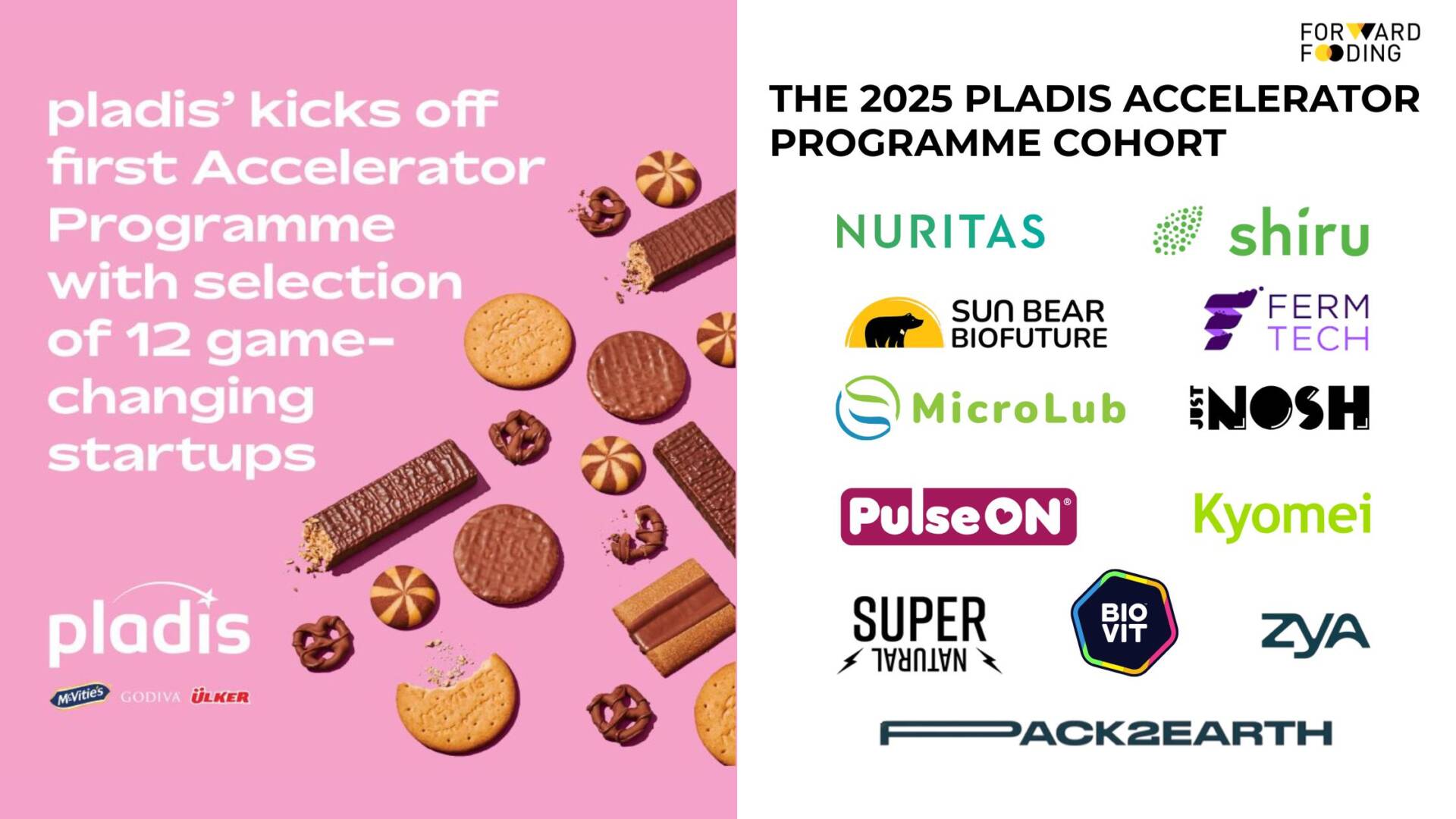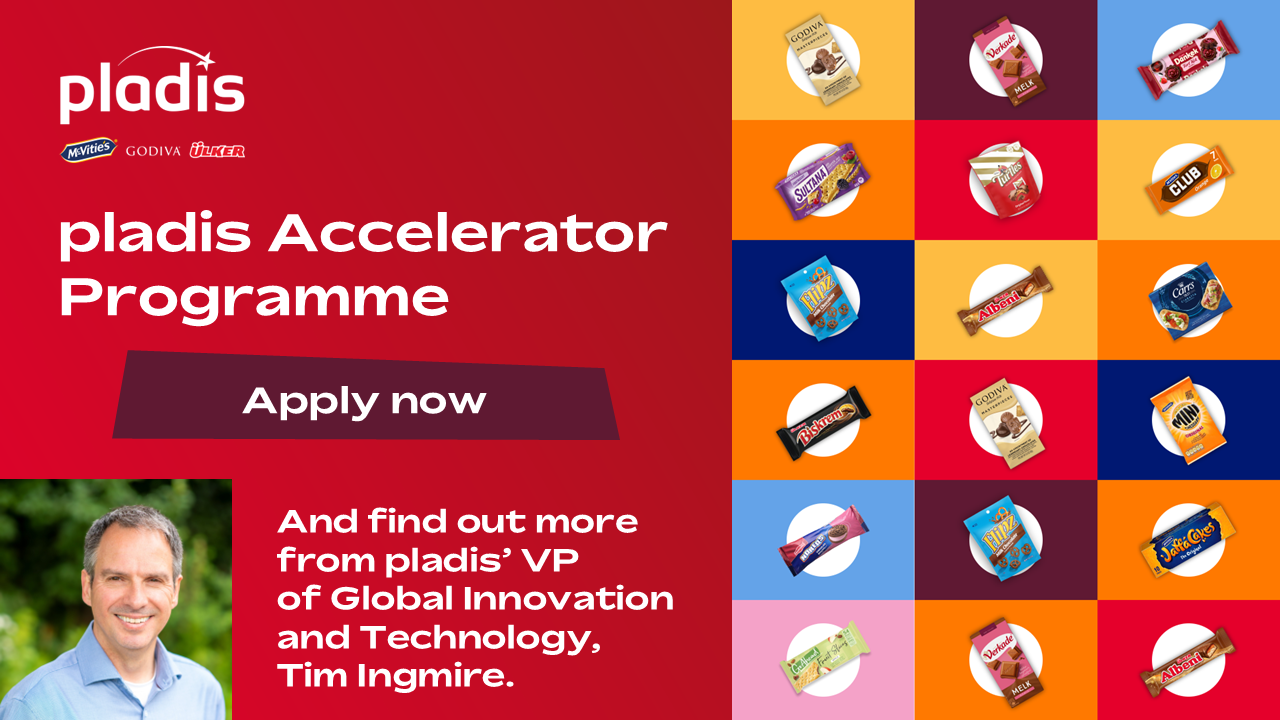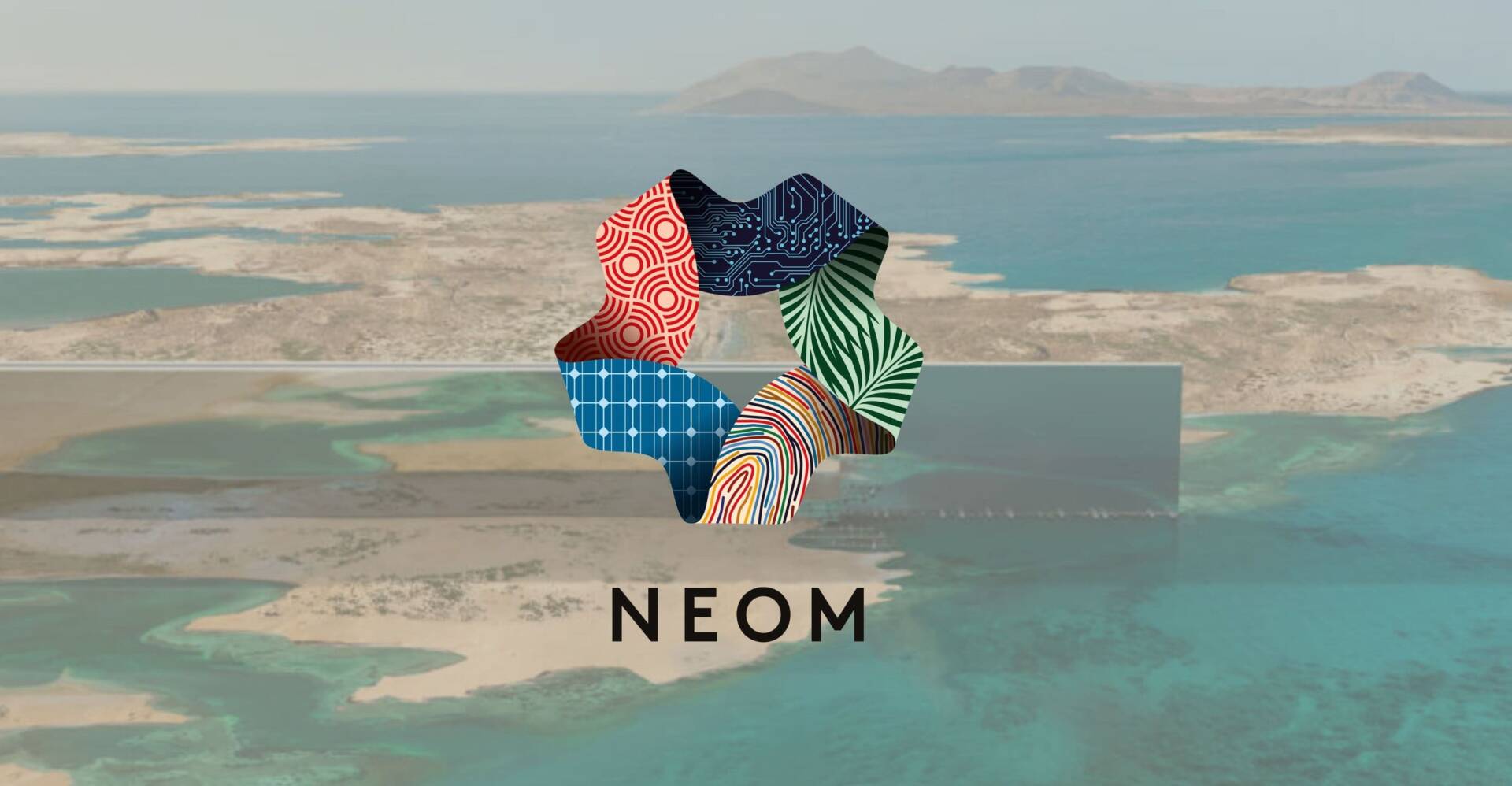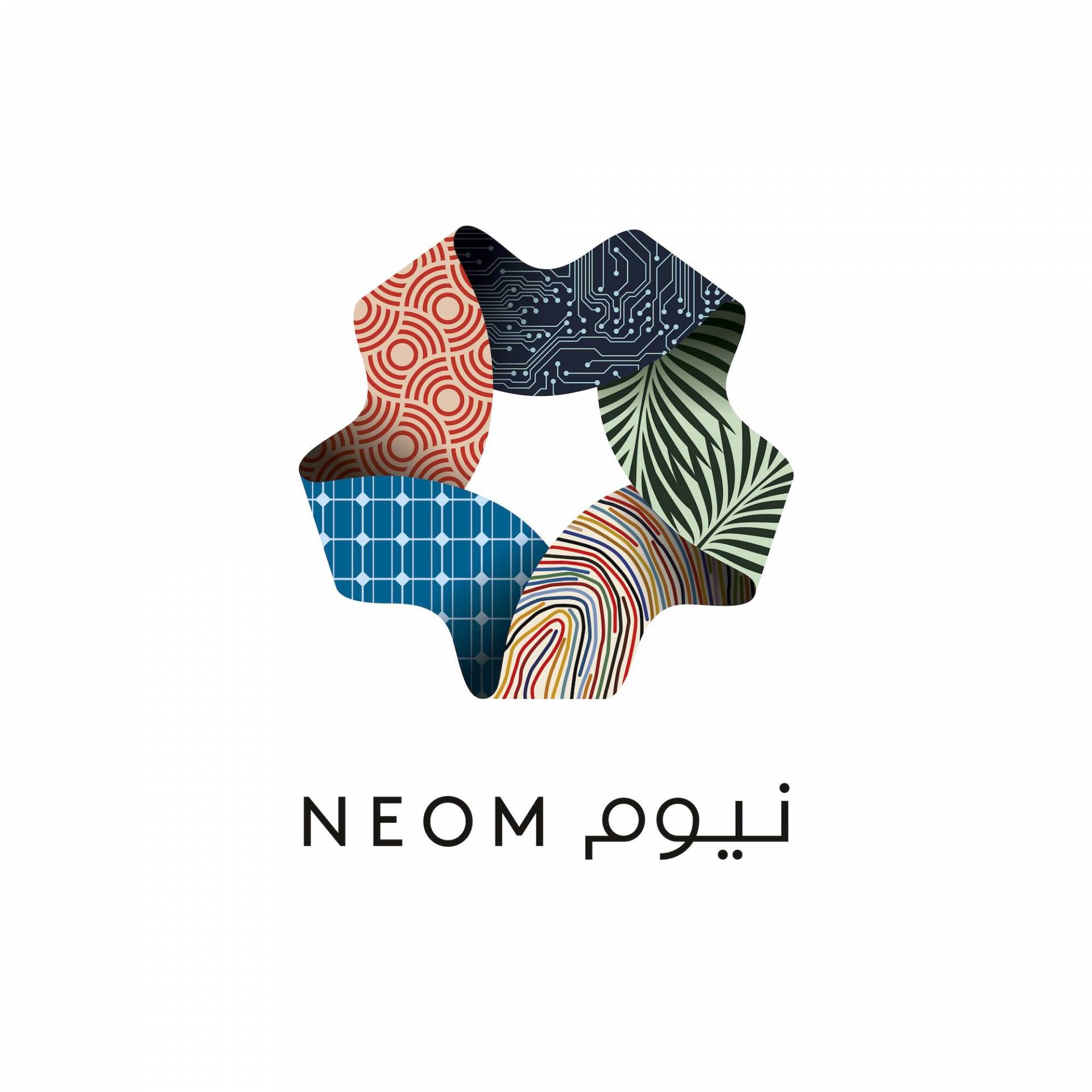FORWARD FOODING
THE BLOG
Brewing Up a Sustainable Future with Alternative Coffee

The rich aroma and invigorating kick of coffee are a staple around the world. Yet, behind that delicious cup lies a brewing storm. Climate change, disease, and unfair labor practices are threatening the future of coffee. Enter, coffee alternatives, a range of innovative techniques designed to address the pressing environmental and social challenges. This blogpost will help you uncover the latest investment trends and promising startups shaping the future of coffee.
The coffee industry is facing a perfect storm of challenges
Rising temperatures, increasingly erratic rainfall patterns, and extreme weather events like droughts and floods are already impacting yields. Of 124 known coffee species, 60% are threatened, and suitable land for coffee cultivation could be halved by mid-century. As a result, coffee prices have soared to all-time highs, with the ICO reporting a 45-year high for the Robusta bean.
Coffee’s environmental footprint is substantial, surpassing beef in carbon emissions per 1,000 kcal. This environmental impact is compounded by the social challenges within the industry. Many coffee farmers struggle to earn a living wage, and child labor remains prevalent in coffee-growing regions. Approximately 80% of the 12.5 million coffee farmers live below the poverty line. About 80% of the 12.5 million coffee farmers live below the poverty line. The “New York C price,” a commodity system similar to a stock market, determines the price paid to coffee farmers. For years, this price has hovered between $0.80 and $1.10 per pound for several years, barely covering production costs. Since 2014, these prices have dropped by 70%, averaging around $1 per pound, pushing farmers further into poverty.
The coffee industry is buzzing with innovation to address these challenges.
Among these innovations are:
- Lab-grown coffee: Cell-based coffee is one of the promising ways to produce alternative coffee by using a process similar to that of cultivated meat, dairy, and eggs. Cells are grown in a lab to create sustainable alternatives to traditional products. The process begins by extracting coffee cells from coffee cherries or beans from a specific strain. These cells are subsequently added to a nutrient solution and then transferred to a bioreactor for scaling.

- Fermentation-derived coffee: Fermentation-derived coffee is usually made by synthesizing or extracting compounds from various plant-based sources that mimic the flavor and aroma of traditional coffee. The ingredients are often derived from natural, upcycled materials, to replicate the molecular structure of coffee produced from beans.

- Climate-resistant beans: Researchers are developing new coffee bean varieties resistant to pests and diseases, and better suited to changing weather patterns. Two promising candidates in this race are Coffea stenophylla and Coffea liberica. These species have historically been overlooked in favor of the more popular Arabica and Robusta beans. However, their ability to thrive in harsher conditions makes them potential saviors for the coffee industry.
Alternative Coffee’s Startup Landscape
Our FoodTech Data Navigator tracks 123 startups operating in the coffee field across the supply chain. Most companies focus on coffee alternatives, such as cell-based coffee, functional coffee, and fair-trade coffee. Startups are also active in coffee delivery, appliances, or upcycling for industries like fashion or furnishings. Since 2014, total investments in this sector have reached €2.2 billion. Over half (58%) of these companies were established in the last five years, with 95% of their funding raised during the same period. Among these startups, 15 have been featured in the FoodTech 500 (across all editions).
The alternative coffee sector has recorded a robust 42% CAGR since 2018, while the global AgriFoodTech ecosystem has seen a -2.8% decline in CAGR in the same period. This contrast highlights the sturdy growth and increasing investor interest in coffee alternatives amidst a challenging environment for traditional coffee production
Let’s explore some examples of companies making strides in alt-coffee development.
Cell Technology
Swiss-based Food Brewer pioneers the use of plant cell culture to create sustainable food ingredients. In March 2024, they partnered with Fruitful AI to accelerate cell-based food production. The companies combine their expertise in plant cell cultivation with advanced computer vision technology to rapidly optimize ingredient and media formulations for non-GMO alternative coffee and cacao production.
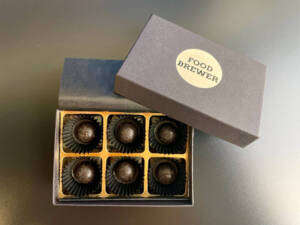
Pluri develops cell-based coffee as a sustainable alternative to traditional coffee production. They use a patented 3D bioreactor to expand coffee cells derived from a single plant sample rapidly. This process eliminates the need for large-scale coffee farming, reduces water consumption by 98%, and land use by 95%, producing a coffee substitute that closely resembles traditional arabica beans.
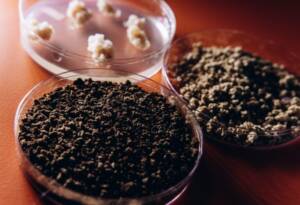
Another Food uses a proprietary plant cell culture platform to produce coffee identical to traditional coffee, eliminating the environmental impact of conventional coffee farming.
Fermentation Technology
San Francisco-based Minus is pioneering a sustainable coffee alternative by recreating the taste, aroma, and caffeine content of traditional coffee using a traditional fermentation process. Minus is crafted from upcycled roots, seeds, and legumes, which are roasted to achieve distinct flavor profiles. The ingredients are fermented to create an alternative coffee base, and fermented extracts are added to enhance the flavor. The roasted grounds are then cold brewed in this extract to produce cold coffee.

Singaporean startup Prefer is pioneering a sustainable, beanless coffee alternative made from upcycled ingredients like day-old bread, soybean pulp, and spent barley grains. Their proprietary process involves blending these ingredients, fermenting them with food-grade microbes, and roasting them to create a coffee alternative that closely resembles traditional coffee in flavor and aroma in only 48 hours. The product is naturally caffeine-free but can be customized with caffeine derived from tea. In 2023, they raised $2M to expand production and explore global distribution for its beanless coffee.

Dutch food tech brand Northern Wonder introduced a sustainable coffee alternative using fermentation technology. Their beanless coffee products replace traditional coffee beans with lupine beans, chickpeas, and blackcurrants, resulting in a significantly lower environmental impact (95% less water and emit 76% less CO2). To ensure the product remains environmentally friendly, they add synthetic caffeine, identical to natural caffeine but sourced outside of tropical regions. In 2023, Northern Wonder launched their coffee in 500+ Albert Heijn stores across the Netherlands. The company also announced developing coffee-like whole beans to enhance aroma and compatibility with existing coffee machines.
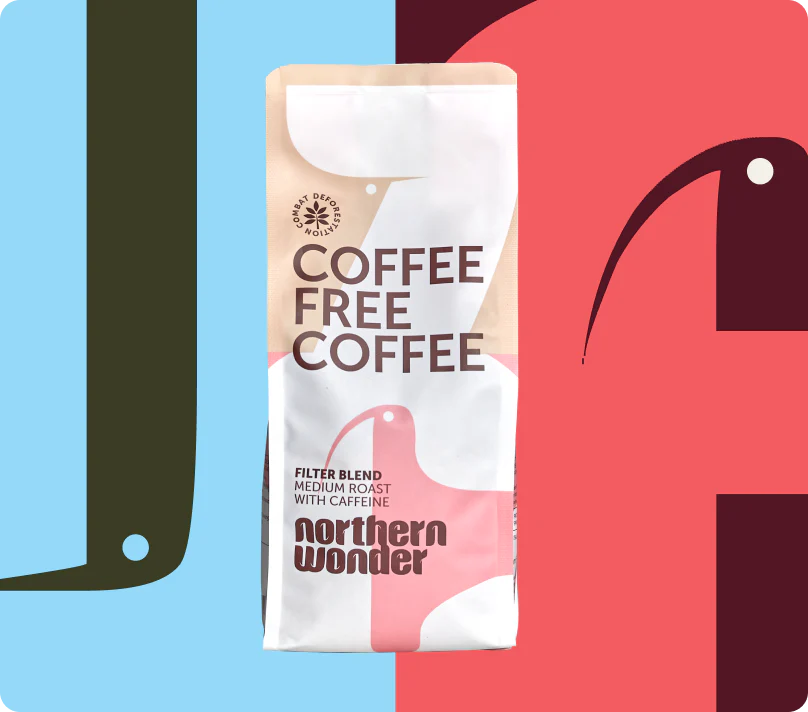
San Francisco-based Compound Foods is revolutionizing the coffee industry by recreating the taste, aroma, and caffeine content of traditional coffee using microbial fermentation technology. This innovative approach allows for customizable coffee profiles, including adjustable caffeine levels. Compound Foods recently secured $4.5 million in seed funding to further develop their beanless alternative coffee.
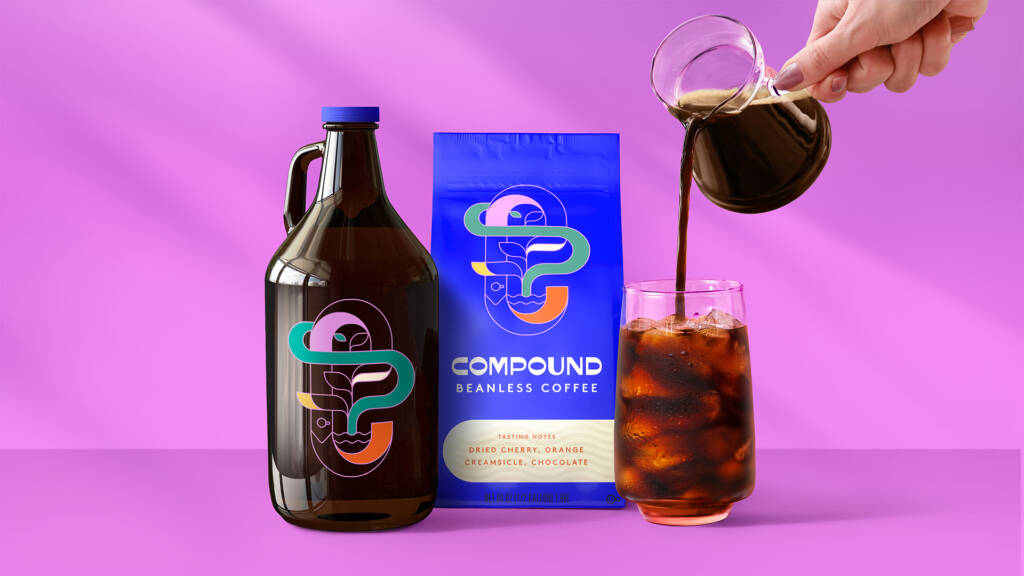
Bean-Free and Upcycled
Voyage Foods has pioneered a bean-free coffee alternative with roasted chickpeas, rice hulls, and green tea-derived caffeine. The company is selling its product globally to foodservice and manufacturing channels in various formats, including ground, liquid, concentrate, and instant. They also claim to offer a 40% cheaper alternative to regular coffee.

Seattle-based Atomo is pioneering a sustainable and climate-resilient approach to coffee production through “molecular coffee.” The company employs upcycled ingredients like date seeds, millet, pea protein, fructose, and chicory roots (claiming 98% upcycled ingredients) to replicate the chemical compounds found in traditional coffee using advanced fermentation, brewing, and extraction techniques. They sell 50% beanless with 50% Arabica coffee mix. They have recently unveiled a 33,500-square-foot roastery in the United States with hopes to supply more US coffee shops.
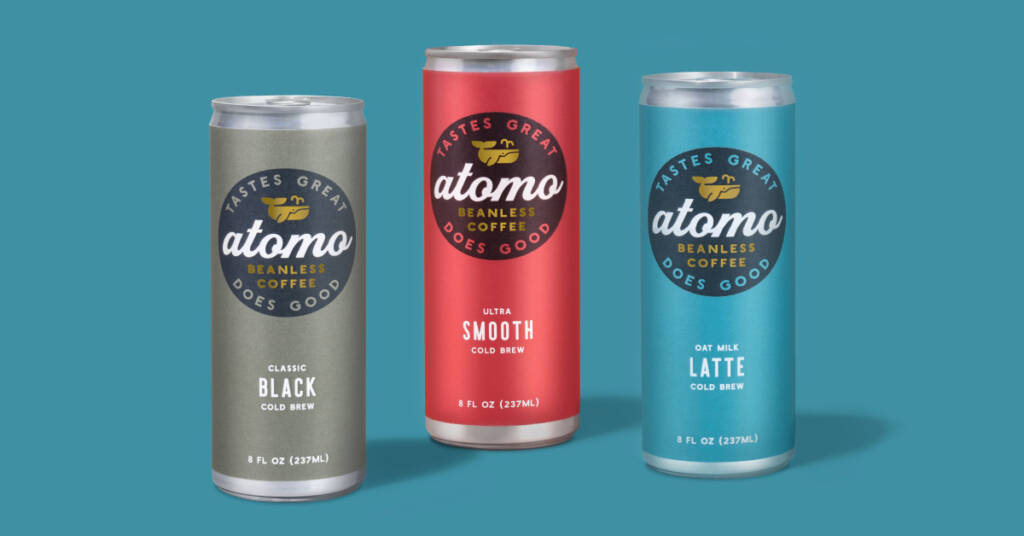
Crop Genetics
Amatera is at the forefront of coffee innovation, employing molecular biology to develop climate-resilient coffee varieties. Their non-GMO genome editing techniques, which do not introduce foreign DNA, have led to the creation of Robustica, a new coffee variety derived from a robust Robusta strain but designed to withstand changing climates.
Future opportunities
- Regulatory Approval: Cell-based coffee is classified as a novel food and must undergo regulatory approval before it can be sold commercially in key markets like the EU and the US. Navigating this regulatory landscape will be crucial for companies aiming to bring cell-based coffee to market.
- Production Scaling: Scaling production to match traditional coffee’s price point remains a significant hurdle for alt-coffee. For instance, Atomo, a leader in the beanless coffee space, currently sells its coffee at a premium of about $20.99 per pound, compared to $10 to $14 for conventional coffee.
- Processing and Formulation: Particularly in taste and caffeine content. According to VTT Technical Research Centre of Finland, the taste is recognisable but can be refined further, and caffeine levels are not yet equivalent to conventional coffee. However, the controlled environment of cell-based production offers opportunities for optimization, such as tailoring the biochemical composition to match or exceed the qualities of traditional coffee.
Conclusion
The market for beanless coffee is currently small, with most brands in the early stages. While beanless coffee has yet to become a significant threat to traditional coffee farming, it raises important questions about the future. These companies do not seek to replace coffee farmers but aim to help mitigate climate-related challenges by offering sustainable alternatives.
Forward Fooding is the world’s first collaborative platform for the Food & Beverage industry via FoodTech Data Intelligence and Corporate-Startup Collaboration – Learn more about our Consultancy and Scouting Services and our Startup Network.
Follow us
Sponsored Articles
9 July 2025
Forward Fooding celebrates the selection of 12 pioneering startups for the inaugural pladis Accelerator Programme. From water lily popcorn to sugar-converting enzymes, these innovations represent the future of snacking, addressing obesity, sustainability, and personalized nutrition through cutting-edge food technology.
21 March 2025
Tim Ingmire, VP of Global Innovation & Technology at pladis, discusses how the snacking giant is supporting early-stage startups in foodtech, health, and sustainability through their accelerator program. Learn about their focus on personalized nutrition, functional foods, and future ingredients to bring innovative, delicious products to consumers worldwide.
8 February 2024
Future Food-Tech returns to San Francisco on March 21-22 Over 1,700 food-tech leaders, from CPG brands, retailers, ingredient providers, [...]
1 February 2023
The 4th edition of FoodTech 500 is taking off and we are excited to partner with NEOM for the third consecutive year to support the best international AgriFoodTech entrepreneurs.
10 February 2022
One of the elements we enjoy the most here at Forward Fooding about working with AgriFoodTech startups is being [...]
